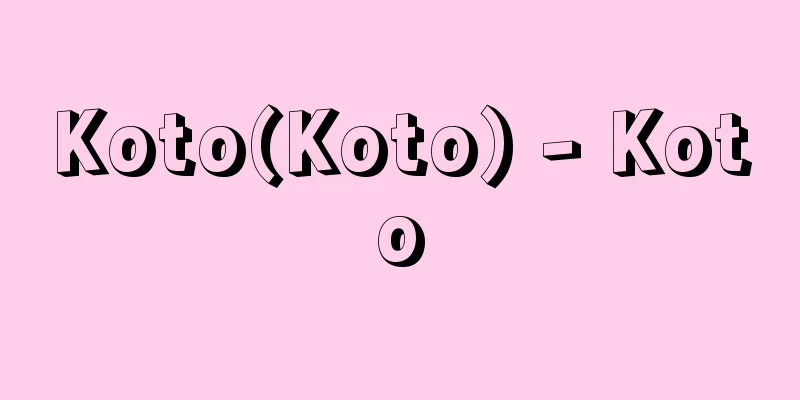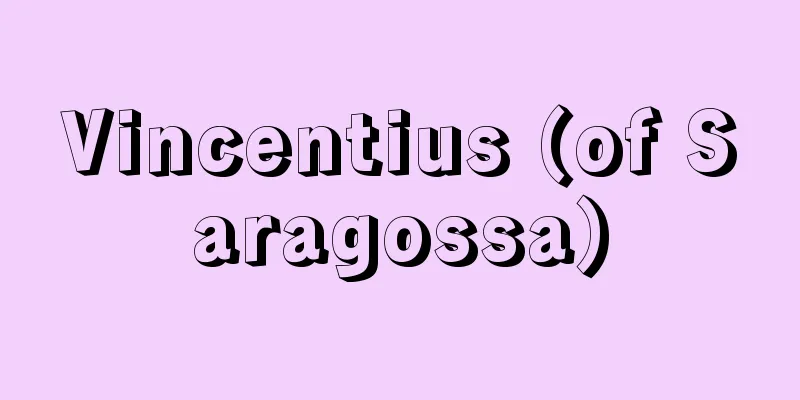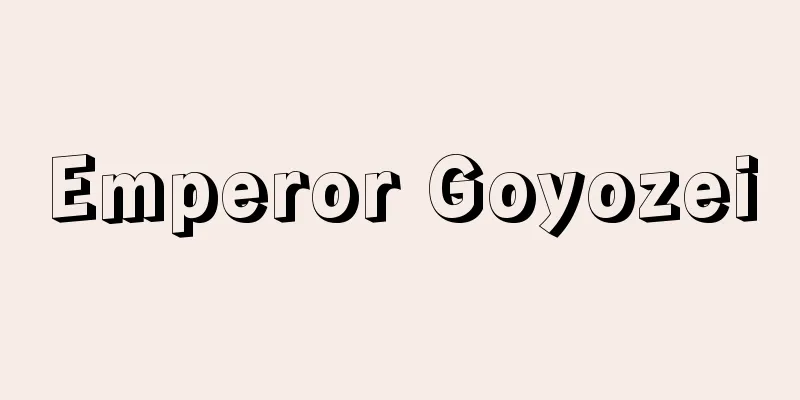Koto(Koto) - Koto

|
"Koto" is a distinctively Japanese concept of existence that is opposed to "mono." The English words "event" and "matter," the German words "Sache" and "Sachverhalt," and the French words "chose" and "fait" are sometimes translated as "koto," but the original ideas are different from these. There are some academic concepts similar to "koto," such as "objektiv," which was introduced as an academic concept by Meinong of the Graz School in his theory of higher objects, as well as concepts in the late Neo-Kantian school, the early phenomenological school, and the logical analysis school, but even these are quite far removed from "koto." Source: Heibonsha World Encyclopedia, 2nd Edition Information |
|
〈こと〉は〈もの〉と対立する優れて日本的な存在概念である。英語のevent,matter,ドイツ語のSache,Sachverhalt,フランス語のchose,faitなどを時によっては〈事〉と訳す場合もあるが,元来の発想はそれらとは異質である。グラーツ学派のマイノングが,高次対象論において学術的概念として導入した〈objektiv〉をはじめ,後期新カント学派,初期現象学派,論理分析学派などの学術的概念のなかには〈こと〉に類するものがないわけではないが,それらとて〈こと〉とはかなりのへだたりがある。
出典 株式会社平凡社世界大百科事典 第2版について 情報 |
>>: Classical School of Political Economy
Recommend
Handwerker
… [Guilds and the Apprenticeship System] When cit...
Exchange Theory - Kawaseriron
The task of exchange theory (foreign exchange theo...
Armillary Sphere
...The armillary sphere, created by Guo Shoujin o...
Endymion (Disraeli)
...But then, due to the failure of his Afghanista...
Hemostatic drug - Hemostatic
This refers to drugs that stop or prevent bleedin...
Gas electrode
An electrode that contains gaseous substances amon...
Mound - Tsuka
It refers to a pile of earth, but there are also ...
Sporades [Islands] - Sporades
A group of Greek islands in the central Aegean Sea...
Adenium obesum - Adenium obesum
...A genus in the Apocynaceae family. A succulent...
Owari Daisozu
…One theory is that he was born in 705 (Keiun 2)....
Altai tribes
...the general term for the peoples who speak the...
Guild House
Medieval European guild building. Guild Houses in ...
Compound magnets - cage magnets
… [Permanent magnet materials] Also called hard m...
Hana Chirinu - Hana Chirinu
A Toho film produced in 1938. This is a masterpiec...
Rama [I] - Rama
The founder of the Rattanakosin Dynasty (Bangkok D...









